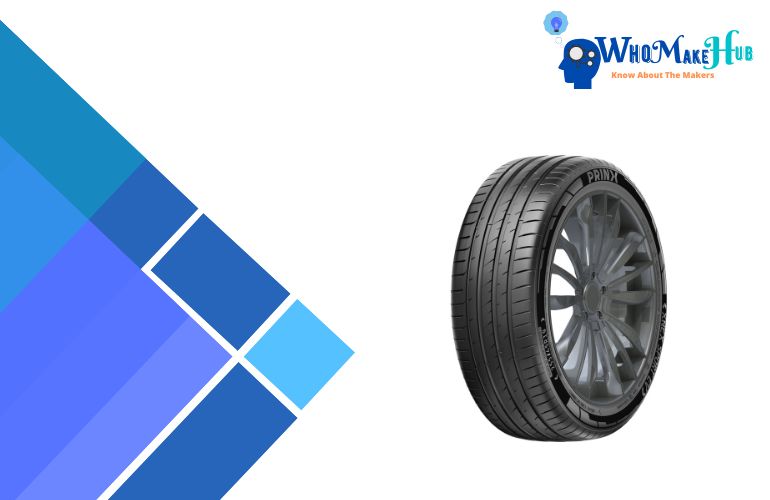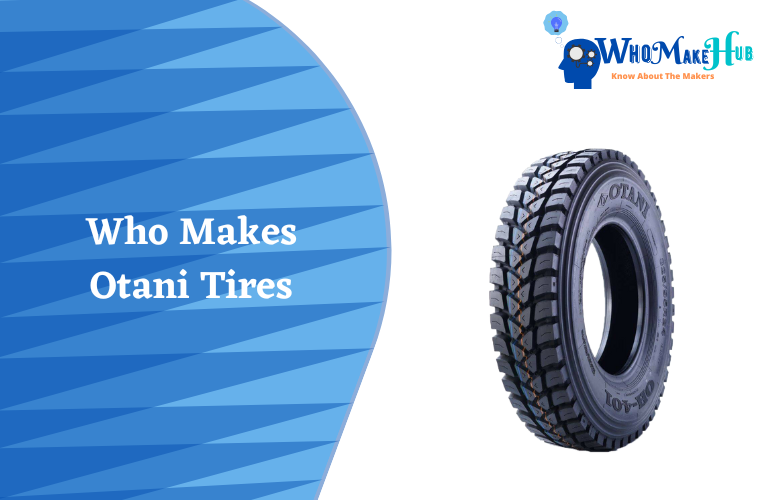The Kia brand has remained one of the most affordable brands on the market, and the model lineup’s success continues to skyrocket thanks to a variety of powerful engine options.
Almost every model in the Kia lineup has more than one engine option, allowing customers to tailor their vehicle’s performance to their specific needs and desires.
So, are you wondering about who makes Kia engines? If so, you have landed in the right place because this write-up will let you know all the necessary information about Kia engines. Let’s get started!
Who Makes Kia Engines?
Kia is a subsidiary of the Hyundai Motor Company. As a result, the Hyundai engines or the GEMA engines are used in Kia models. These engines come in various sizes, including 1.8 L, 2.0 L, and 2.4 L. All of these engines are manufactured in Korea and China.
Kia, like its sister brand Hyundai, has made dramatic strides in recent years. Kia is known for emphasizing value, with slightly less expensive cars than many competitors while aiming to be just as appealing. Kia’s other central selling point is its market-leading warranty, which is the most generous of any car brand at seven years.
Are Kia Engines Any Good?
Over the previous ten years, two Korean automakers, Hyundai and Kia, have grown up and earned their reputations. Their endurance improved as well. This is mainly due to the success of both petrol and turbo diesel engines. Kia and Hyundai have made significant strides in recent years.
They first adapted their automobiles to the needs of European customers; second, they are protected by the old guarantee (for the first five years, then seven years); and third, they eventually upgraded the machine range, introducing several improvements in construction and production technology.
Kia Engine Problems
Kia engines are known for their durability and dependability. However, there may be numerous issues that must be addressed. Some of the common Kia engine problems are included here:
- Overheating
- Loss of power
- Seizing
- Leaks
- Non-collision fires
- Knocking sounds
- Catastrophic engine failure
A problem with your new Kia’s engine could cause you to lose control of your vehicle while driving at a reasonably high speed. These and other issues with Kia engines can pose potential safety hazards for Kia drivers and others on the road.
Most Reliable Kia Engines in 2022
Both turbo diesel and gasoline engines are successful in practice, and most of them only experience minor damage. The Kappa and Gamma series, which debuted in distinct models, have been popular for a long time.
Although we rated the 1.6 CRDi a little higher, the turbo in the popular 1.4 and 1.6 (U series) is likewise refined and uncomplicated in construction. The Turbodiesel 2.0 R-series, which was introduced in 2009, performed admirably as well.
1.2 Kappa Engine
One of the most critical engines is the Kappa 1.2 series – it is challenging to identify repeated flaws. The 1.2 R4 Kappa engine (a three-cylinder 1.1 is also available) is a modern structure designed to power city cars in segments A and B. The engine performs admirably under the hoods of class A and B vehicles.
The engine produced 78 horsepower and was modernized over time, including a CVVT variable valve timing system. The hull is made of aluminum, and it has a DOHC system, multipoint injection, and chain timing drive. In 2014, a minor modification was made to the unit (adaptation to the Euro 6 standard).
On the contrary, compared to its competitors, it does not have the best access to replacements, has average dynamics, and consumes a significant amount of fuel in the 78 horsepower version.
1.4 And 1.6 Gamma Engine
The Gamma 1.4 and 1.6 series engines were introduced with the Kia cee’d and the Hyundai i30, producing in Slovakia, China, Korea, and India. This is a successful design, albeit vulnerable to service neglect and poor oil quality.
The engine has a two-axle overhead (DOHC) chain time drive and an adjustable intake valve opening phase. The machine has High durability – not a typical breakdown, high popularity in the Korean business model, and a relatively simple structure.
It has some disadvantages as well. The 78 horsepower variant has poor access to replacement parts compared to its competitors, average performance, and high fuel consumption.
The Kappa series engines (1.1 R3 and 1.2 R4) were a huge hit. The CVVT version 1.2, which combines good dynamics with adequate combustion, is our recommendation.
FAQ
Is Kia better than Honda?
Overall, Honda is the most excellent choice if you want a car that will last and has one of the best engines. On the other hand, Kia isn’t far behind and is a little less expensive than Honda. So, just because Kia automobiles aren’t as lovely as Honda cars don’t mean they aren’t good cars. They are also worth buying.
Does Kia last long?
The Kia Forte can survive for many years and miles with proper oil changes and manufacturer maintenance.
Who makes the Kia diesel engine?
Hyundai Motor Company makes Kia diesel engine.
Where does Kia rank in reliability?
On Consumer Reports’ list of the most dependable new cars, the brand dropped six spots to 15th. According to Consumer Reports, the average expected reliability rating for Kia vehicles is only 45 out of 100.
Will a Kia last ten years?
A five-year bumper-to-bumper warranty and a ten-year powertrain warranty are included in the Kia warranty. You can anticipate your Kia to last for at least a decade if you keep it properly serviced. If it doesn’t, most severe concerns are likely to be covered by the manufacturer’s warranty.
Conclusion
That’s all there is to it. Do we hope we were able to clear up any confusion about who makes Kia engines? So, if you find this article well, don’t waste your time and book your desired machine. Check our website for further inquiries. We are always here to help you.



